As you may have noticed, Paris was the host for the 2024 Olympic Games from July 26 to Aug. 11, for the first time in one hundred years. Although many in France were skeptical about this year’s games, myself included, it ultimately became the pride of our nation.
I have never really watched the Olympics. Even the fact that they were happening in my own city did not particularly entice me. Before the events, I was mainly bothered, fearing hubbub, terrorist attacks and transport congestion for Parisians.
However, I must admit I was wrong. My boyfriend insisted on going to see an Olympic event, calling it a “once in a lifetime moment,” as the last games hosted in Paris were a century ago. We decided to go see archery at Les Invalides, which was simply fabulous for both its faultless organization and breathless site.
Throughout Paris, many of the venues installed for the Olympic competitions used the city’s historical and symbolic locations as background scenery: from horse-riding at the Château de Versailles to fencing at the Grand Palais or even triathlon and open-water swimming in the Seine.
Although we can now all agree it was an outstanding success, all of this wasn’t assured.
A COUNTRY REUNITED AROUND SPORT
Over the last few months the political environment in France has been unsteadily difficult.
For context: It all began with the European elections on June 9 when French people witnessed the rise of the far-right “Rassemblement National” party (RN). With 10,6 million votes, the RN became the leading party of the country. Even before the close of election night, French President Emmanuel Macron decided to dissolve the National Assembly, calling a snap parliamentary election to give the nation a voice in choosing their next government. In the first round of voting, the RN won the largest number of votes. However, in the second round, all the parties from the far left to the moderate right, came together to block the RN. As a result, the RN did not match the absolute majority that would have entitled it to lead the country and the new government. Those political choices left the different parties on an equal footing, but brought the fear, for French people, of no possibility to govern the country along with a high risk of endless instability.
This negative mood, added to the infamous French skepticism, didn’t allow for the typical hype that one would expect when such an event as the Olympics takes place in your country.
It was only when the journey of the Olympic flame began to cross the country on its road to Paris, that people started to realize what was going on. The first pictures of the competition on television and the first medals quickly won by French athletes sparked passion and national pride as strong as it was unexpected for the French public: The country finally caught the Olympic virus.
But the event that really stimulated my interest in the Olympics was the astonishing opening ceremony.
A BREATHTAKING OPENING CEREMONY
It is the very first ceremony in the Olympics’ history to take place outside of a stadium and I believe it was a masterpiece. Set all over the city, the performance used everything along the River Seine and its monuments, including bridges and even the scaffolding of Notre Dame.
Artistic director of the opening Ceremony Thomas Jolly and Costume Design Director Daphne Burky have successfully conveyed their vision to the world: making Paris the star of the show.
French savoir-faire was showcased throughout the ceremony, with plenty of winks. It featured stage outfits made by the Christian Dior atelier, French can-can, and a nod to the world-renowned fashion week. References continued with the sublime Axelle Saint-Cirel singing the French National Anthem on the Grand Palais’ roof, wearing a blue-white-red flag dress in reference to Delacroix’s Marianne, the personification of the French Revolution.
However, it is the mix between modernity and our French patrimony that particularly struck me. The opening ceremony’s chic aesthetic and shock elements emphasize that the world is evolving.
The first example I can think of, and one of my favorite moments, is the Revolutionary scene with Marie Antoinette’s severed head on her lap. It piqued my interest not only because its setting, the Conciergerie, was the very place where the Queen was imprisoned before her decapitation, but also because the blend between heavy metal band Gojira and opera singer Marina Viotti was surprisingly amazing.
The painting of Aya Nakamura stepping out of the Institut de France in a Dior golden dress and escorted by the Garde Républicaine was sensational as well. Her remix, bringing together pop with her song “Djadja” and the one and only Charles Aznavour’s “For Me Formidable” was a fun meeting of two opposing worlds.
I can’t continue without mentioning Juliette Armanet’s performance of “Imagine” by John Lennon. Her voice is so delicate, yet the message is clear and honest — she left me speechless. Beneath the extinguished city lights, she is standing on a platform strolling along the Seine, backed by a piano on fire.
Two of France’s greatest athletes, both Olympic champions, Marie-José Pérec (athleticism) and Teddy Riner (judo) lit the flame into the Parisian skies. This opening ceremony inaugurated another “first” with an Olympic flame made of LEDs and water vapor. Beyond highlighting technological advances, it notably paid tribute to the invention of the hot-air balloon in 1783, in Ardèche, France.
The final painting was the icing on the cake. One of the most powerful French songs, “L’Hymne à l’amour” by Edith Piaf, was performed by Céline Dion dressed in all white, overlooking the entire city of Paris from the second floor of the Iron Lady. It was a moment that seemed to make time stop, and the torrents of rain that fell on Paris that night only added to the drama.
A SUCCESSFUL AMBITIOUS PROJECT
Nevertheless, a handful of French people criticized the opening ceremony, finding it notably shocking. Personally, I thought there was a real open-mindedness in each painting. I particularly admired the offbeat topics and themes advocating the representation of everyone, as well as its inclusion of atypical social profiles like Drag Queen Piche and black ballet dancer Guillaume Diop.
Fortunately, the large majority of French people enjoyed the ceremony as much as I did. After everything that happened in the country, I never thought the nation would manage to put divergences to the side and get together for these Olympics. However, we have succeeded in blending tradition and modernity to show what we are proud of, and what has made our history – in an epic fashion.
France had never experienced such enthusiasm and popular joy since the 1998 soccer World Cup when the French team won. One evening, when I took the metro back home, I saw French supporters started laughing together, yelling chants from one platform to the other, celebrating all together because France had won several medals that day. It was an atmosphere I have never seen before. This feeling was full of mirth and lasted throughout the fortnight of the Olympics. It is incredible to see the impact sport has and how it can reconcile an entire nation to bring its people back together.
The organization of the Olympics was not a pari won in advance. Looking back, I think those Olympics came at the perfect time. This reconciliation felt good. Felt good for the country, even if it was only temporary. Let’s not forget the party’s not over yet, as the Paralympic Games kick off this Wednesday and will run until Sept. 8!
I wish the next Olympics in Los Angeles just as much success – good luck guys!


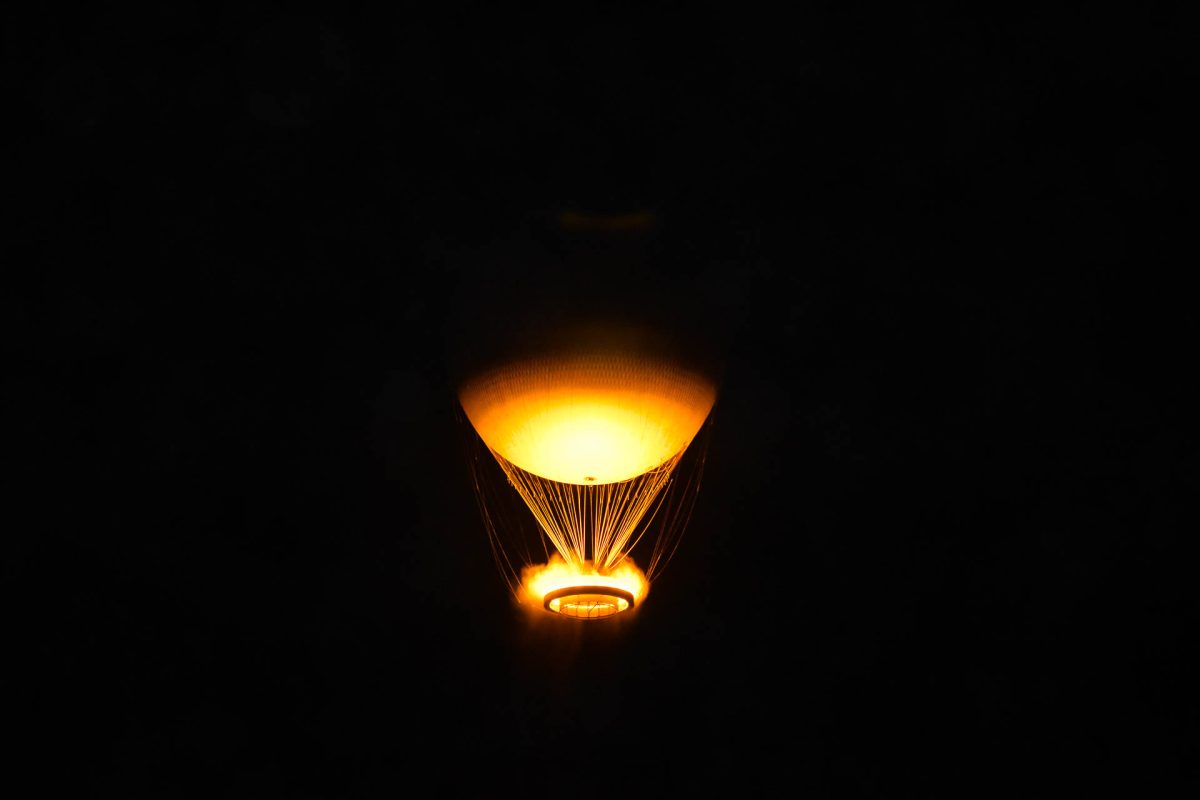

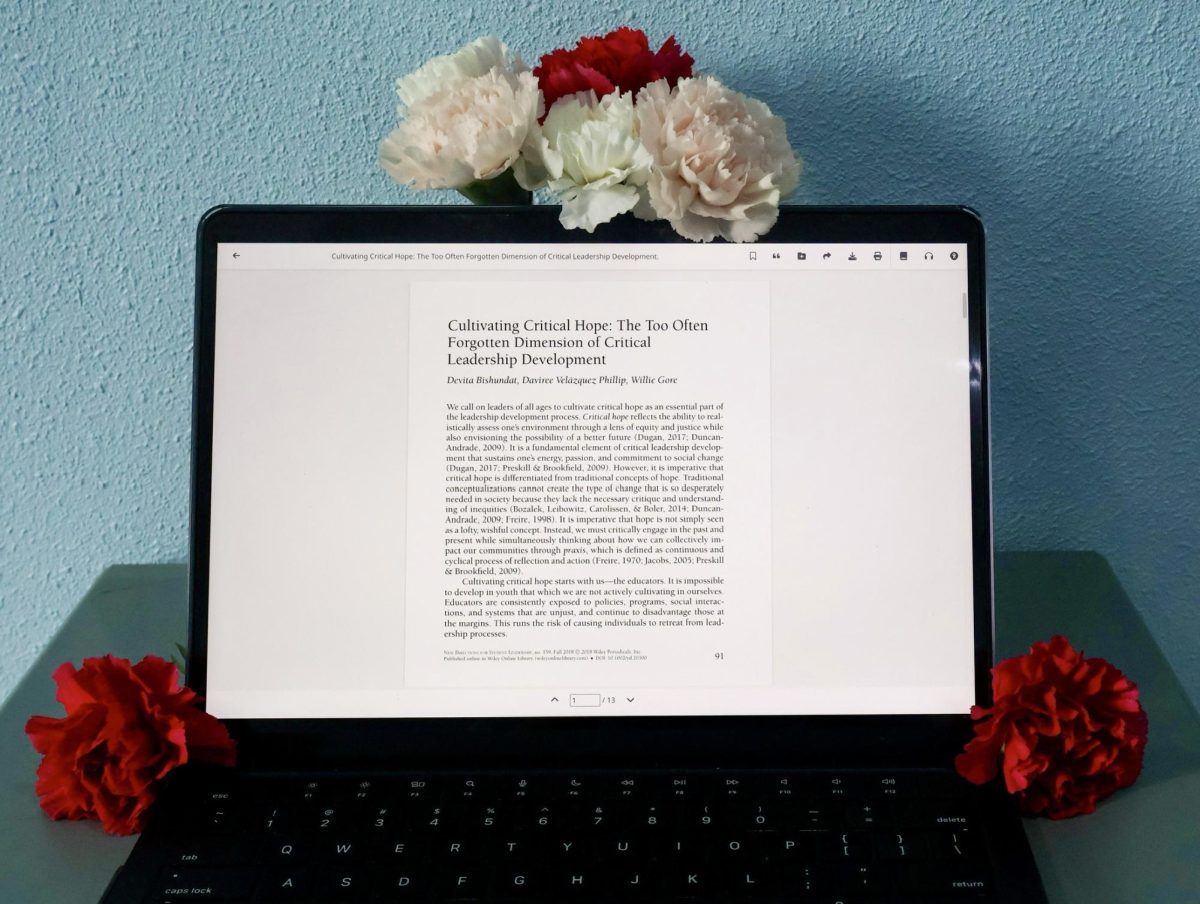

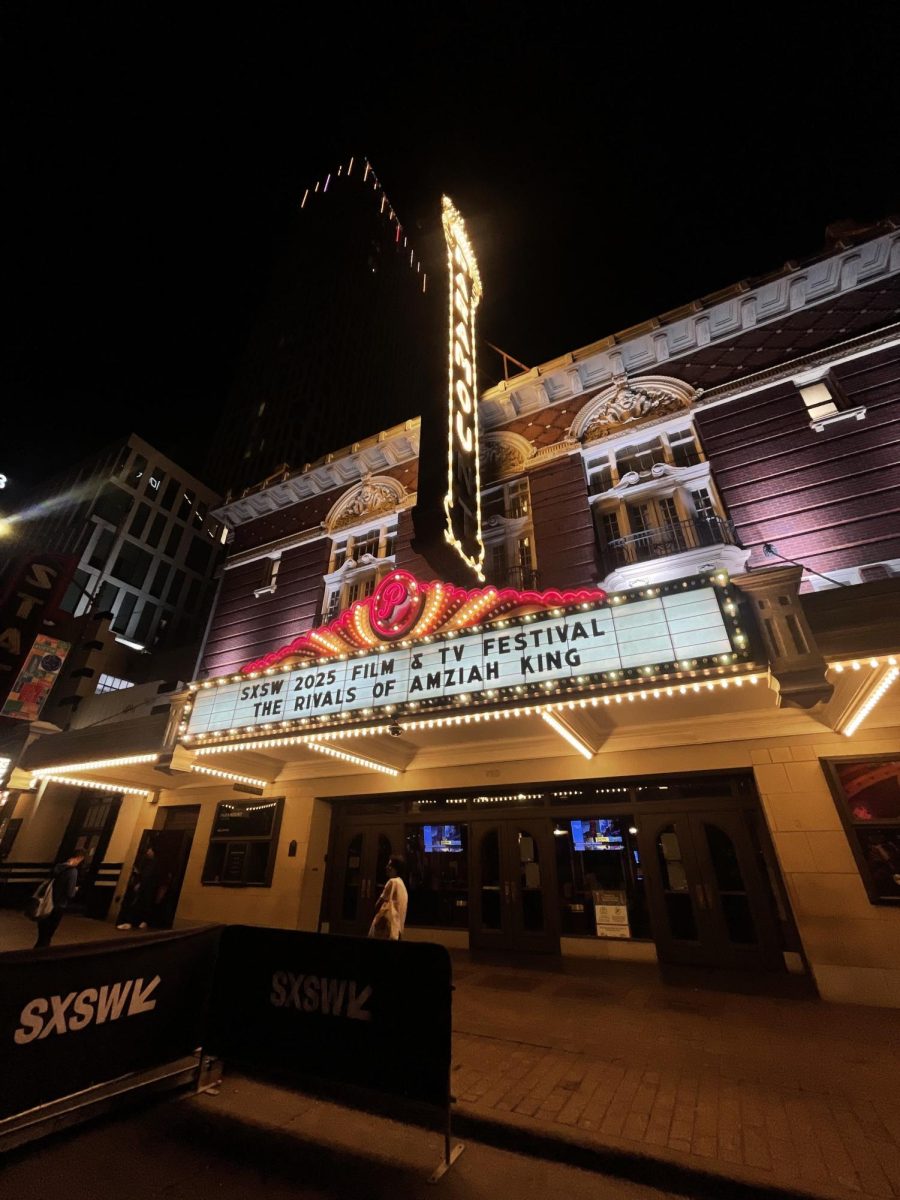

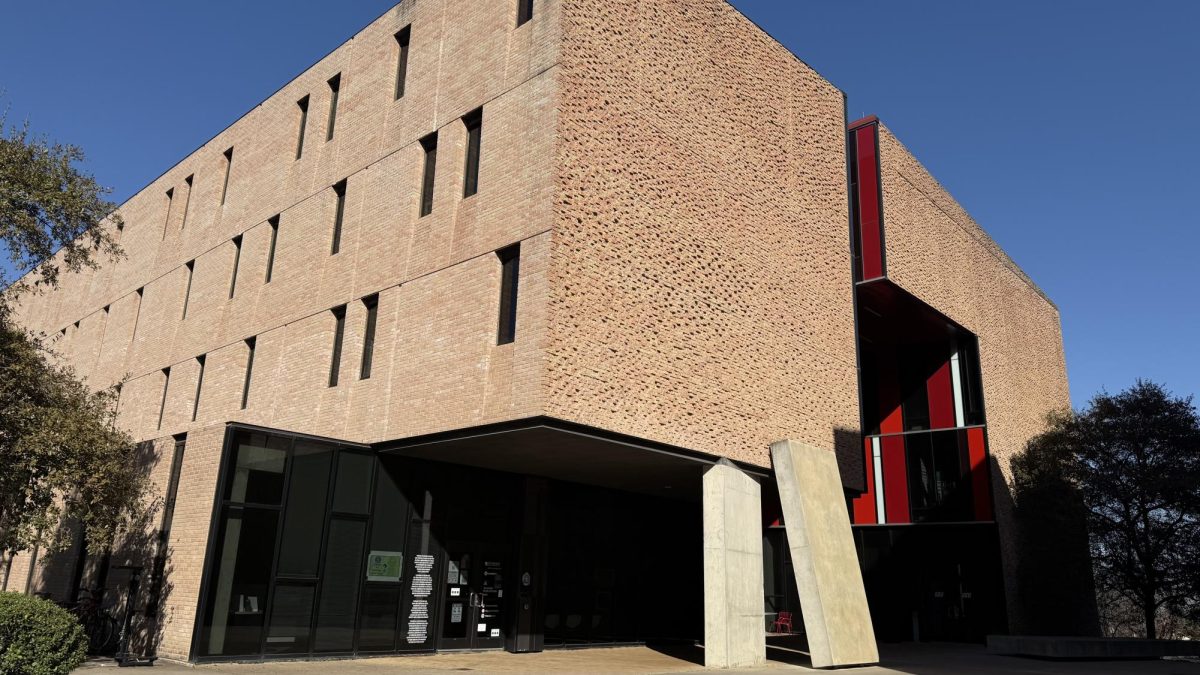
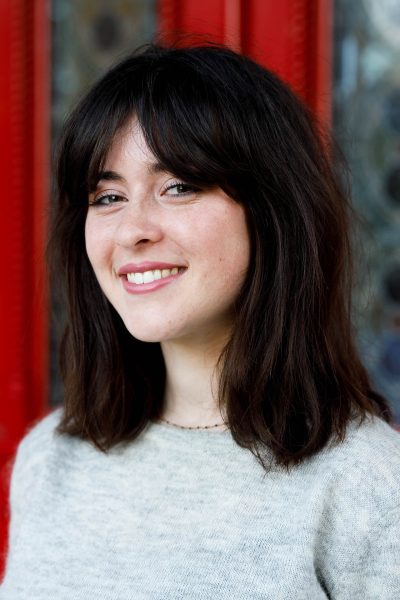
Allan Drai • Aug 28, 2024 at 3:18 am
It was a pleasure to read this article as it recalled many good memories from the Olympics. It conveys a very accurate feeling of what we experienced.
Well done gab !!
Brian Moloney • Aug 27, 2024 at 2:25 am
Class to see the Olympics from a locals perspective. Great article Gaby
Castex Denise • Aug 27, 2024 at 1:27 am
Thomas Jolly magnified the capital in the eyes of the whole world and multiplied the historical and cultural symbols, without giving in to the expected. And marked the history of Paris by honoring it.
Thank you Gaby for this excellent article that recounts all the magic of the Olympic Games in Paris and the enthusiasm of everyone. Sport and the arts have succeeded in bringing together a whole people in a period of tension and uncertainty. Since your beginning, you are now editor, a well-deserved title, your gold medal.
I’m so proud of you.